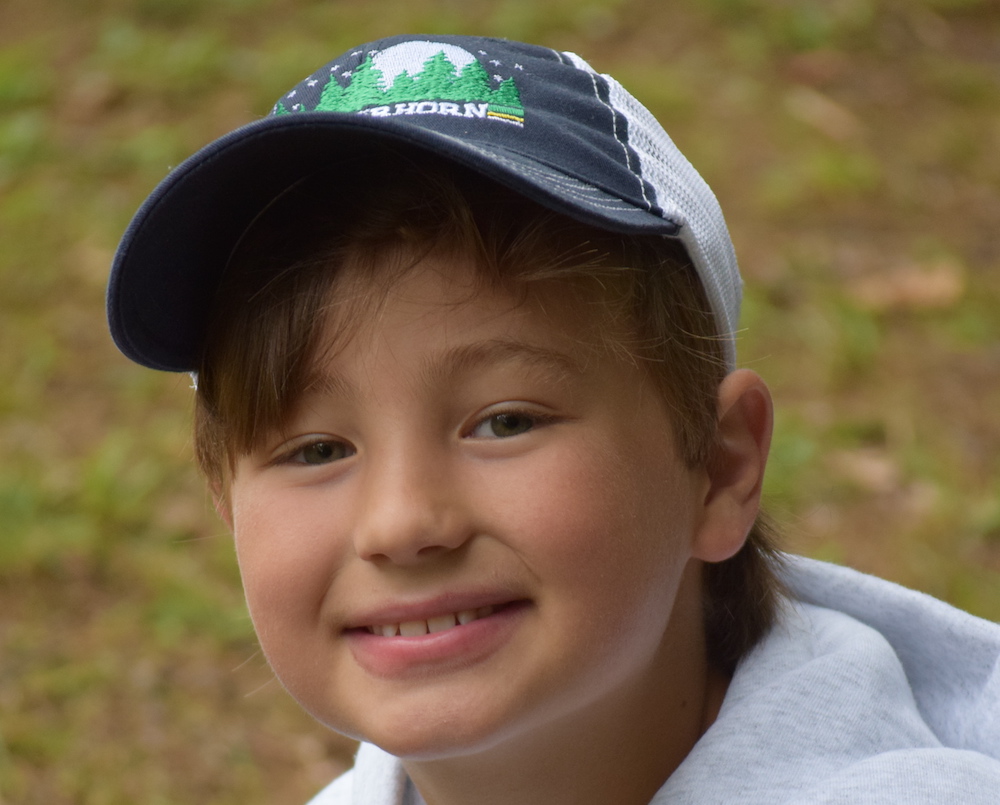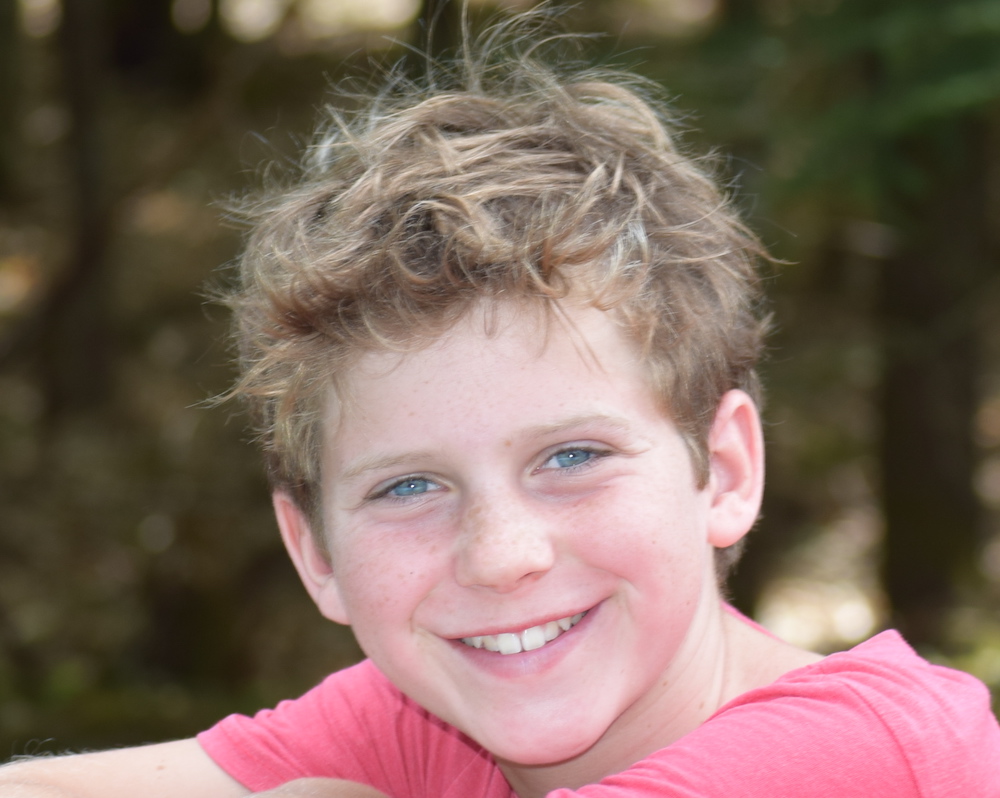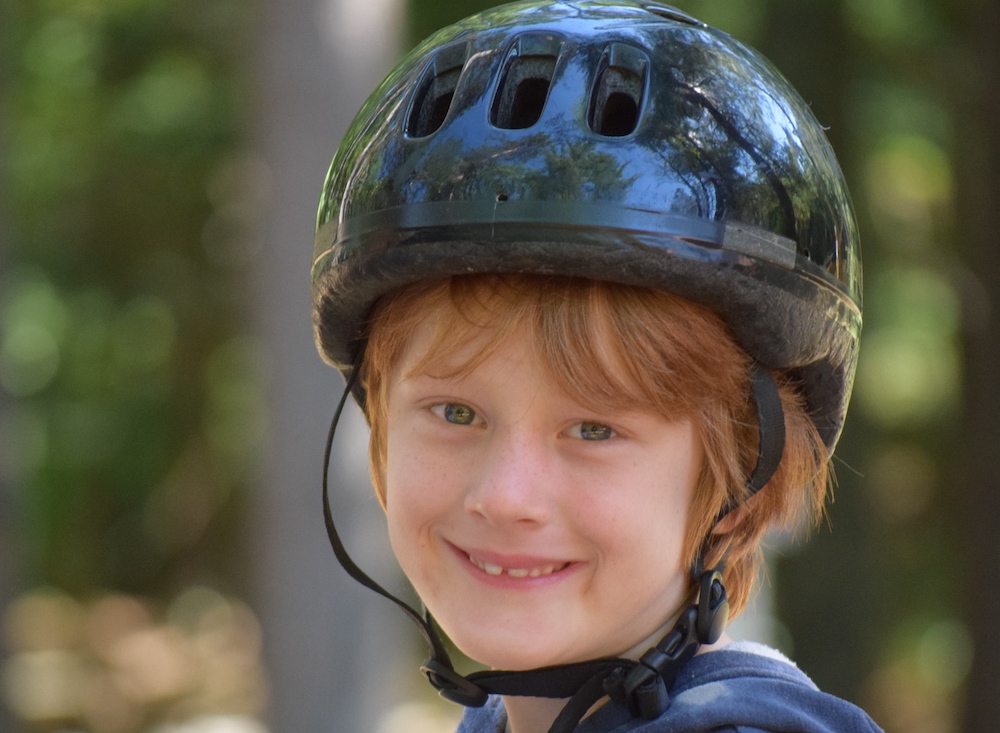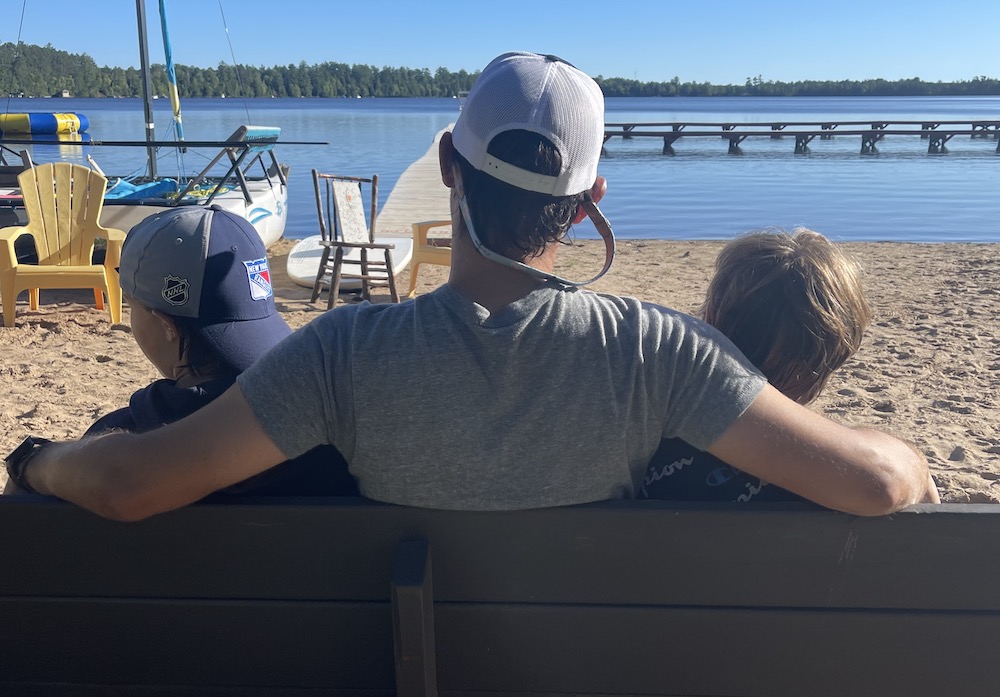Have you heard of Dr. Becky Kennedy? She is a clinical psychologist and founder of Good Inside. Her latest book is “Good Inside: A Guide to Being the Parent you Want to be.” I first heard of her on Glennon Doyle’s podcast back in September, “We Can Do Hard Things,” when she talked about how we help our kids become more resilient.
First, in life, we all have to know what our job is in order to be able to succeed. The concept of “internal family systems” helps us understand the job we have within our family. A parent’s job is:
1. Setting boundaries. Holding our boundary makes kids feel sturdy and safe. If we cave in to their tantrums, what we’re saying to our kids is that their feelings are too scary for us to handle.
2. Validation- One of the most important things we can say to our kids is “I believe you.” (Even if you don’t agree with them, the feeling is real to THEM.) Sometimes we unwittingly imply that our kids’ feelings aren’t real. They say “This is hard.” and we say “This is not hard.” They say “I’m scared.” and we tell them “This is not scary.”
3. Empathy- Both validation and empathy answer a kid’s question, “Am I real?”

Our kids’ job is to feel and experience their entire range of emotions. Kids are learning how to manage all of these feelings, and you can’t learn to regulate feelings you don’t allow yourself to have. If you want to manage a feeling in your body, it has to be allowed to live in your body. A parent’s job is to hold the boundary, but our kids are allowed to have feelings about those boundaries. Kids should not dictate our boundaries, but we should not dictate their feelings. Kids need to learn how to manage the emotions they will have for their rest of their lives, because the stakes are higher when you’re an adult. Kids have tantrums when they are young because they haven’t learned how to regulate those (very normal) emotions. But instead of punishing them, we need to help them learn to recognize and regulate those emotions. After all, if a child didn’t know how to swim, you wouldn’t punish them for not knowing how to swim…you would teach them how to swim.
But we live in a world where helicopter parenting has given way to lawnmower parenting. Parents want to clear all obstacles out of the way so their child doesn’t have to feel distress or frustration. How can children learn how to deal with all of those emotions that they will have as adults, if we don’t let them experience them as children, and teach them how to cope with them? We have to tolerate the feelings of our kids before they can learn to tolerate them in themselves. Kids who have frustration taken from them as soon as they feel it, feel scared of their own frustration…Can’t do math? Here’s a tutor. You’re bored? Here’s a nanny.

So how do we teach kids to tolerate frustration? The goal is not happiness, the goal is resilience. It’s important in life to not always get what you want and to learn how to deal with those feelings. The number one factor in growing resilient kids is the realization that they are not alone when dealing with hard things. Our instinct is to tell them it’s not that big of a deal, or to try to make them happy. But how will they deal with that feeling again later in life? We have to be willing to sit with them in their distress, not to make it go away. When those feelings resurface down the road, they will remember our warmth and presence as we sat with them in their pain. The three most important things you can say to your kids when they are going through a hard time are:
- I’m so glad you are talking to me about this. This is so important.
- I believe you. You really know you feel that way. You’re right to notice that.
- Tell me more.
Aloneness is the enemy in hard things. If you can talk through a hard experience with kids, you can infuse your presence into that experience by saying “I wish I were there with you. Tell me more.” They will not feel as alone when thinking about that experience later.
We also have to remember as parents that the goal isn’t perfection, it’s connection. We don’t always say the right things or handle things in the best way. We make mistakes, like yelling at them for something and then regretting it later. But we can always go back and repair it. If we don’t repair, and help them work through their big feelings, kids only have two ways of explaining that yelling episode to themselves. Without a coherent narrative from a parent, kids will either:
- Self-doubt-Maybe I overreacted and it wasn’t as big of a deal as it felt. They learn they can’t trust themselves and how they feel.
- Self-blame- If I only acted differently, that wouldn’t have happened. It’s my fault.
We all want our kids to be happy. But there is a whole spectrum of other emotions they will feel as adults, and kids need to learn how to feel and regulate all of them. After all, the goal isn’t raising happy kids…it’s raising resilient humans.


Really really good nuggets in here, Amy! I certainly haven’t stopped learning how to be the best parent I can be. Thank you for taking the time to share this!
Thanks, Deb! Lots more nuggets coming in future social media posts! The book is full of them!